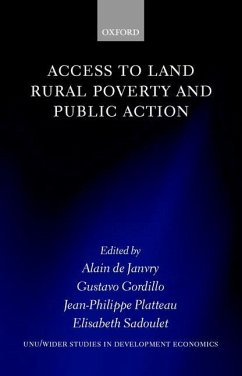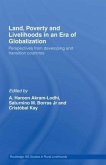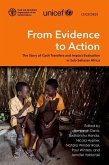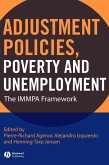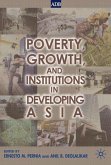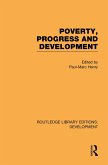There are many channels of access to land and each of these affects how land is used. While much attention has traditionally been given to state-led redistributive land reforms, this is only one among a variety of options, and currently not the easiest to manage politically. Other channels include inheritance and inter-vivos transfers, intra-household and intra-community land allocations, community titling of open access resources, the distribution of common property resources and the individualization of rights, decollectivization, land markets and land market-assisted land reforms, and land rental contracts. This book analyzes each of these channels of access to land, and recommends ways of making them more effective for poverty reduction.
Redesigning access to land to increase efficiency and reduce poverty is back on the policy agenda. This book broadens the analysis of alternative options beyond state-led redistributions to consider channels of access such as inheritance and inter-vivos transfers, intra-household and intra-community land allocations, community titling of open access resources, the break up of common property resources and the individualization of rights, decollectivization, land markets, and land rental contracts. Each of these channels of access to land is analyzed, and recommendations made to enhance their effectiveness for poverty reduction.
Redesigning access to land to increase efficiency and reduce poverty is back on the policy agenda. This book broadens the analysis of alternative options beyond state-led redistributions to consider channels of access such as inheritance and inter-vivos transfers, intra-household and intra-community land allocations, community titling of open access resources, the break up of common property resources and the individualization of rights, decollectivization, land markets, and land rental contracts. Each of these channels of access to land is analyzed, and recommendations made to enhance their effectiveness for poverty reduction.

